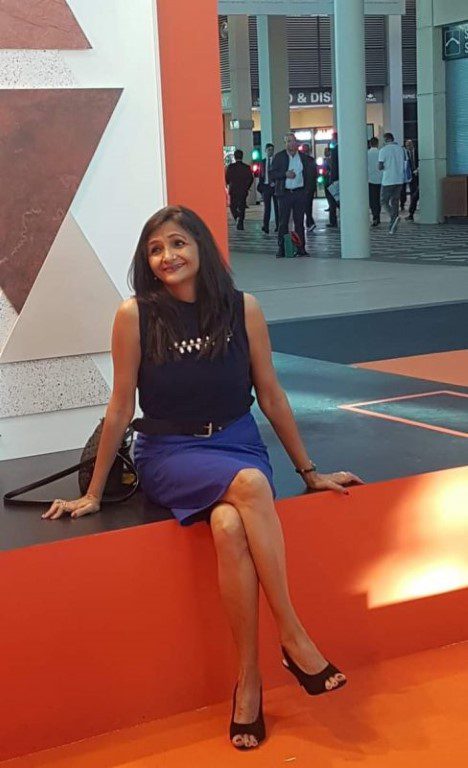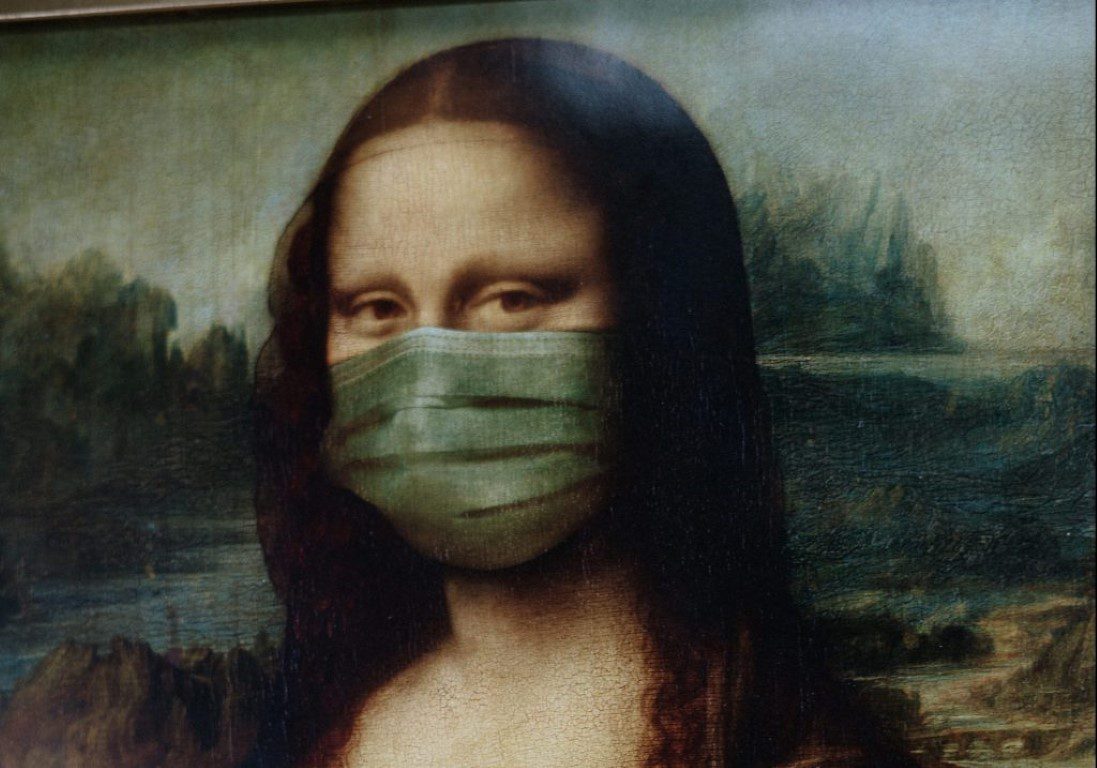Moroccan-Belgian photographer Mous Lamrabat has collaborated with WhatsApp, the world’s most popular messaging application, to capture the essence of diasporic connectivity and cross-cultural creativity. With over 2 billion users in more than 180 countries, WhatsApp is renowned for its ability to connect people globally, and this collaboration sought to explore the transformative power of the app through Lamrabat’s unique lens.
The project, titled “There’s No One Like Us,” began with a surprising direct message on Instagram from WhatsApp representatives. Lamrabat, known for his striking and eclectic portraiture infused with elements of pop culture, humor, and kitsch, was intrigued by the opportunity. “I love to put things that don’t belong together and make it beautiful,” he explained.
Over a two-month period, Lamrabat embarked on a journey to Brazil, India, Mexico, and Morocco, capturing portraits of people who had left their homes behind. Recognising the impact of WhatsApp on people’s lives, Lamrabat reflected on how his own father’s experience would have been different if he had access to the app when he moved to Belgium. Lamrabat realised that this project was about more than just the photographs—it was about the stories of the individuals he encountered along the way.
The photographs captured during Lamrabat’s travels reveal not only the physical and cultural diversity of the subjects but also the common thread of belonging that unites them. The selection process for finding subjects was not based on fame or social media following but rather on connecting with ordinary people. Lamrabat and his team approached individuals and asked them to bring something important to them from their motherland, even if it was a simple item like a teddy bear. This personal touch added depth and individuality to each portrait.

The resulting images exude playfulness, joy, and a sense of emotion and humanity. A Moroccan grandfather dons a “New York” cap while holding a hamburger-shaped telephone, while a woman in an African robe wears a Tamagotchi gadget as a dangling earring. These vibrant and colourful images reflect the subjects’ interests, hobbies, and obsessions, highlighting not only their origins and current locations but also what drives them forward in life.

In May, Lamrabat shared this series on his Instagram account, receiving positive feedback from his followers. Simultaneously, WhatsApp created a virtual reality exhibition of the photographs, allowing people to explore the imagery online. The photographs were also displayed at a community centre in Shoreditch, London, providing a physical space for viewers to engage with the portraits.
Lamrabat’s passion for photography began during his adolescence when he joined his brother on photography assignments. Inspired by his brother’s ability to create something out of nothing, Lamrabat soon acquired his own camera. He would capture numerous snapshots of his family, becoming the “annoying” one at home. Throughout his life, Lamrabat embraced his individuality, humour, and curiosity, which ultimately influenced his artistic style and contributed to the popularity of his work.
Through his photography, Lamrabat seeks to communicate his values and thoughts without uttering a word. His images speak for themselves and resonate with viewers on a deeper level. Exhibited at prominent art events and institutions around the world, Lamrabat’s work has gained recognition for its ability to transcend cultural boundaries and spark meaningful conversations.
The collaboration between Mous Lamrabat and WhatsApp showcases the power of art and technology to bridge gaps, foster connections, and celebrate the diversity of human experiences. By bringing together a popular messaging app and an innovative photographer, the project reminds us that despite our differences, there is a universal desire for belonging and connection that unites us all.
Feature image courtesy: Mous Lamrabat

Contributor





